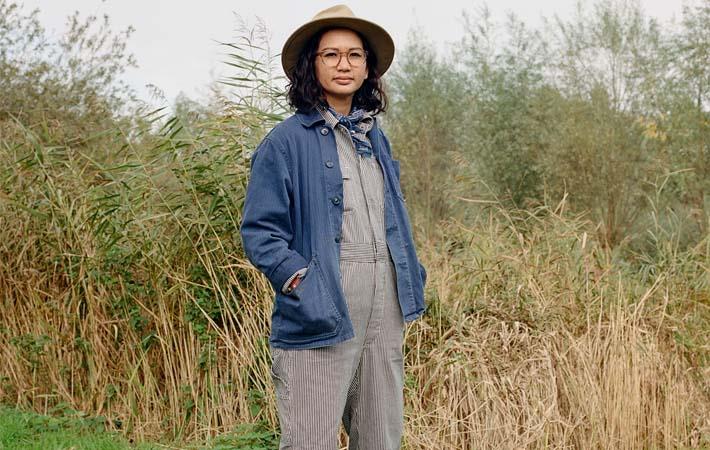With its newly-released Most Sustainable Products (MSP) list for the Spring/Summer 2021 season, the recently held Kingpins show continues its commitment to be the platform for innovation within the denim industry. The show is a boutique denim sourcing show featuring a highly-edited selection of vendors that include denim and sportswear fabric mills.
Developed to provide objective, reliable information for brands and designers seeking guidance on sustainable resources at Kingpins shows, the seasonal list consists of the ten most sustainable products found at Kingpins’ largest show, Kingpins Amsterdam, according to a press release by the show.With its newly-released Most Sustainable Products (MSP) list for the Spring/Summer 2021 season, the recently held Kingpins show continues its commitment to be the platform for innovation within the denim industry. The show is a boutique denim sourcing show featuring a highly-edited selection of vendors that include denim and sportswear fabric mills.#
This season, the best environmentally-sensitive denim innovations on the Kingpins Amsterdam show floor fell into three general categories; fibres, application processes, and new concepts.
Mills almost unanimously adopted organic and recycled cottons in new articles displayed at the show. Tencel remains important and is used in combination with recycled cotton for performance reasons. Hemp made appearances in various products. Finally, while there was a focus on recycled polyester from some mills, there are various mills following the strategy to move completely away from polyester.
Mills have sought to reduce water, chemical, and energy usage with a variety of dyeing and application processes. One method that is gaining traction relies on treating warp yarns with a cationic agent prior to weaving, followed by impregnation of warp and weft yarns with a pre-reduced indigo bath. This process calls for fewer indigo dye boxes needed to achieve a dark tone and requires no washing off, resulting in less water, dye and chemicals used. A final fixation with the same cationic agent is required for improved colourfastness.
Additionally, many Kingpins exhibitors are looking into more-superficial dye processes that result in quick wash down, allowing for savings in time, chemicals and energy, and is particularly suitable for laser finishing.
Some mills are approaching sustainability and impact from a variety of angles, ranging from establishing zero-impact goals for new fabrics, to moving away from indigo, and even reducing the environmental impact of fabrics beyond mills and into the laundry.
Fibre2Fashion News Desk (GK)
